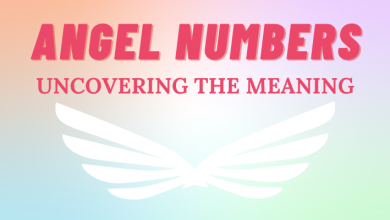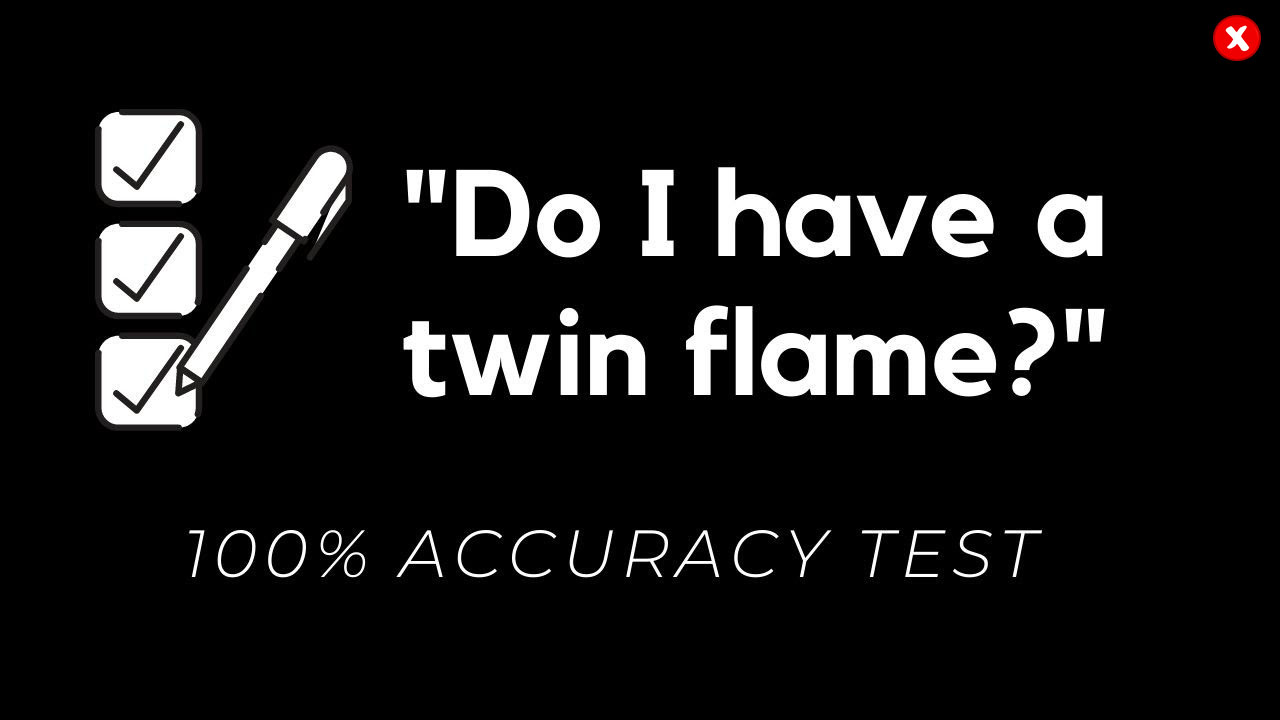Do Dreams Show Reality? Separating Fact From Fiction
Have you ever woken up from a dream and felt like it was so vivid and real that it must have actually happened? Or maybe you’ve had a dream that felt so surreal that you couldn’t possibly believe it was just a product of your imagination. Dreams have been a topic of fascination and debate for centuries, with many people wondering whether or not they can actually reveal things about our reality. In this article, we’ll explore the science behind dreams and whether or not they can truly show us glimpses of reality.
What are Dreams?
Before we dive into the question of whether or not dreams show reality, let’s first define what exactly dreams are. Dreams are a series of thoughts, images, and sensations that occur in a person’s mind during sleep. They can be anything from fleeting images to elaborate narratives, and they can be pleasant, neutral, or terrifying. The content of dreams can be influenced by a number of factors, including a person’s emotions, experiences, and memories.
Theories About the Purpose of Dreams
One of the reasons why dreams are such a fascinating topic is because we still don’t fully understand why they occur. There are a number of theories about the purpose of dreams, including:
- Memory consolidation: Some researchers believe that dreams help us consolidate and process memories from our waking lives.
- Emotional regulation: Others think that dreams serve as a way to regulate our emotions and process difficult experiences.
- Problem-solving: Some theories suggest that dreams help us solve problems or come up with creative solutions to challenges we’re facing.
Can Dreams Show Reality?
So, do dreams show reality? The short answer is no, but it’s a bit more complicated than that. Dreams are not accurate representations of reality in the sense that they don’t depict things that actually happened in the physical world. However, dreams can be influenced by real-life experiences, so there may be elements of truth or reality within them.
For example, let’s say you have a dream about flying. While it’s not possible for humans to fly without the aid of technology, your dream may be influenced by the sensation of floating that you’ve experienced while swimming or jumping on a trampoline. Similarly, if you have a dream about a loved one who has passed away, it may be influenced by memories of that person.
It’s also worth noting that dreams can sometimes provide insight into a person’s subconscious thoughts and feelings. So while they may not show reality in a literal sense, they can still provide valuable information about a person’s psyche.
The Role of the Brain in Dreaming
In order to understand why dreams don’t show reality, it’s helpful to take a closer look at what’s happening in the brain during sleep. During REM (rapid eye movement) sleep, which is when most dreaming occurs, the brain is highly active. However, the prefrontal cortex, which is responsible for logical thinking and decision-making, is less active than during waking hours. This means that the brain is free to make connections and associations that might not make sense in the context of waking life.
Additionally, during REM sleep, the brain’s amygdala is highly active. The amygdala is responsible for processing emotions, which is why dreams can often be so emotionally intense. However, this emotional processing can also contribute to the dream’s detachment from reality, as the amygdala may prioritize emotional connections over logical ones.
Separating Fact From Fiction
So, while dreams may not show reality in a literal sense, they can still provide valuable insights into our emotions, memories, and subconscious thoughts. It’s important to approach dreams with a healthy dose of skepticism and recognize that they are not always accurate depictions of reality. However, by paying attention to our dreams and exploring their underlying themes and symbolism, we can gain a deeper understanding of ourselves and our inner world.
Debunking Common Myths About Dreams
There are a number of common myths and misconceptions about dreams that can make it difficult to separate fact from fiction. Let’s take a closer look at some of these myths and debunk them:
Myth #1: Dreams only happen during REM sleep
While most dreaming occurs during REM sleep, it is possible to dream during other stages of sleep as well. Dreams during non-REM sleep tend to be less vivid and less memorable, but they can still occur.
Myth #2: Everyone dreams in color
While it’s true that many people dream in color, not everyone does. Some people dream in black and white or shades of gray.
Myth #3: Dreaming is meaningless
While it’s true that not all dreams have clear meaning or significance, they can still provide valuable insights into our emotions and inner world. In fact, some people find that their dreams offer solutions to problems or provide inspiration for creative projects.
Myth #4: Dreams can predict the future
While some people believe that dreams can offer glimpses of the future, there is no scientific evidence to support this idea. Dreams are a product of our own minds, not prophetic visions.
Tips for Better Dream Recall
If you’re interested in exploring your own dreams and gaining a better understanding of your inner world, there are a few tips you can follow to improve your dream recall:
- Keep a dream journal: Write down your dreams as soon as you wake up, while they’re still fresh in your mind.
- Pay attention to recurring themes and symbols: Are there certain images or themes that show up in your dreams frequently? These can provide valuable insights into your subconscious thoughts and feelings.
- Practice good sleep hygiene: Getting enough sleep and creating a comfortable sleep environment can help you achieve deeper, more restful sleep and increase the likelihood of vivid dreams.
Conclusion
So, do dreams show reality? While dreams can be influenced by real-life experiences, they are not accurate representations of reality in the sense that they don’t depict things that actually happened in the physical world. However, by paying attention to our dreams and exploring their underlying themes and symbolism, we can gain a deeper understanding of ourselves and our inner world. So the next time you wake up from a particularly vivid dream, take a moment to reflect on what it might be trying to tell you.
FAQs
Can dreams reveal repressed memories?
While some people believe that dreams can uncover repressed memories, there is no scientific evidence to support this idea.
Do blind people dream?
Yes, blind people can dream. However, the content of their dreams may differ depending on whether they were born blind or lost their vision later in life.
Can lucid dreaming be dangerous?
Lucid dreaming is generally considered safe, but some people may experience sleep paralysis or other issues. It’s important to practice good sleep hygiene and talk to a doctor if you have any concerns.
Can eating certain foods affect your dreams?
Some people believe that eating certain foods, such as cheese, can lead to vivid dreams. However, there is no scientific evidence to support this idea.
Can you control your dreams?
With practice, some people are able to learn how to lucid dream and exert some control over their dreams. However, this takes time and effort and may not be achievable for everyone.
What to read next:
Source: https://numerologybox.com
Category: Angel Number


